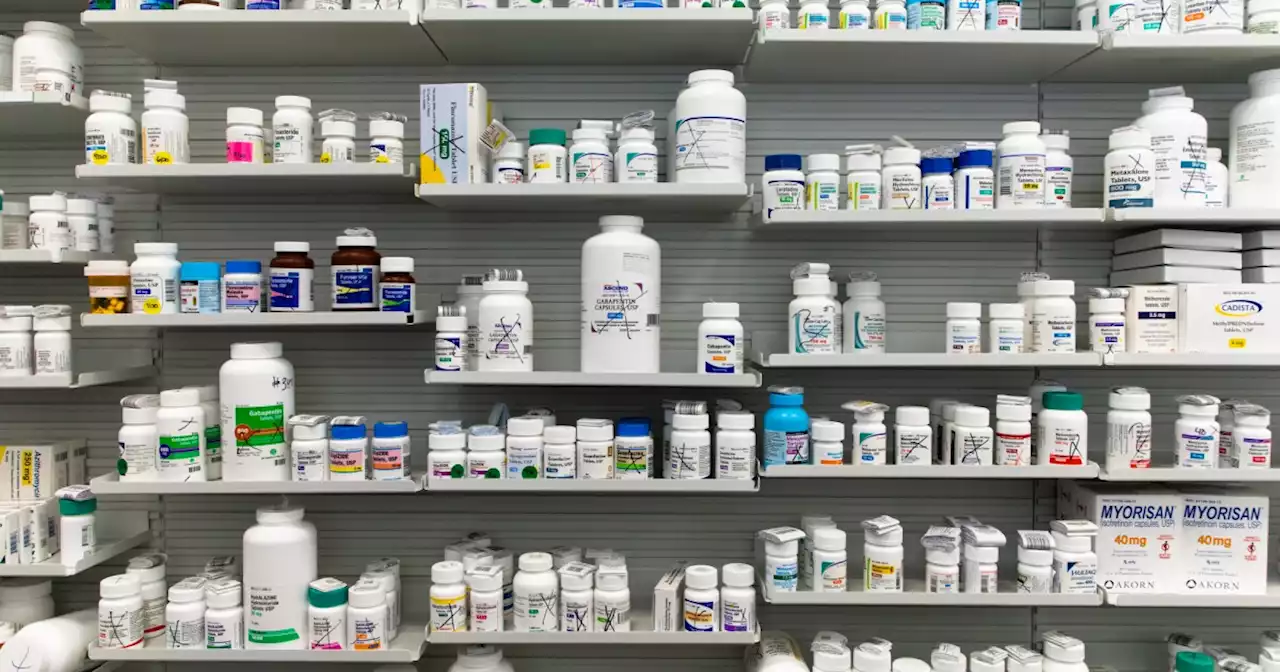Pharmacists are at greater risk than the general population to commit suicide, a fact that may be exacerbated by the COVID-19 pandemic, a UC San Diego study released Friday which focuses on mental health and burnout within health care professions.
The study identified the most common means of suicide in this population, with 49.8% of cases involving firearms, 29.4% involving poisoning and 13% involving suffocation. The use of firearms was similar between pharmacists and the general population, but poisoning via benzodiazepines, antidepressants and opioids was more frequent among pharmacists, the researchers found.
Contributing factors outlined in the report include a history of mental illness and a high prevalence of job problems. Job problems are the most common feature of suicides across health care professions. Lee said job problems reflect significant changes in the pharmacy industry in recent years, with more pharmacists employed by hospitals and chain retailers than small, private pharmacies more common in the past. The responsibilities of a pharmacist have also grown considerably, with larger volumes of pharmaceuticals to dispense and increasing demands to administer vaccines and other health care services.
"Pharmacists have many more responsibilities now, but are expected to do them with the same resources and compensation they had 20 years ago," Lee said."And with strict monitoring from state and federal regulatory boards, pharmacists are expected to perform in a fast-paced environment with perfect accuracy. It's difficult for any human to keep up with that pressure."
